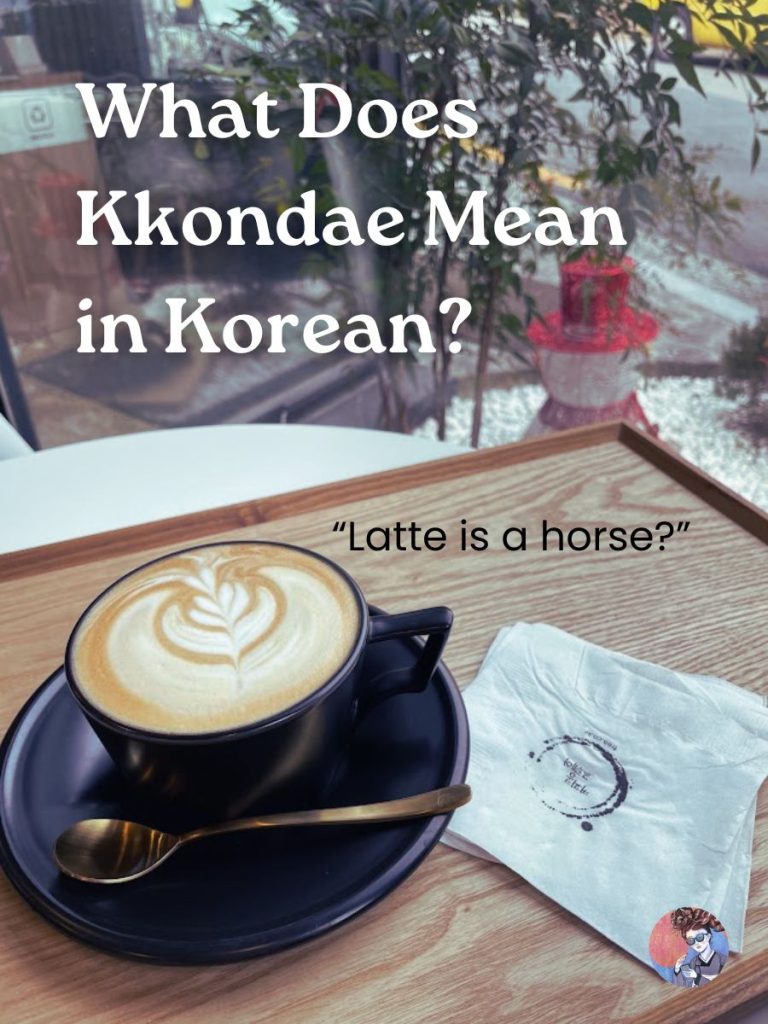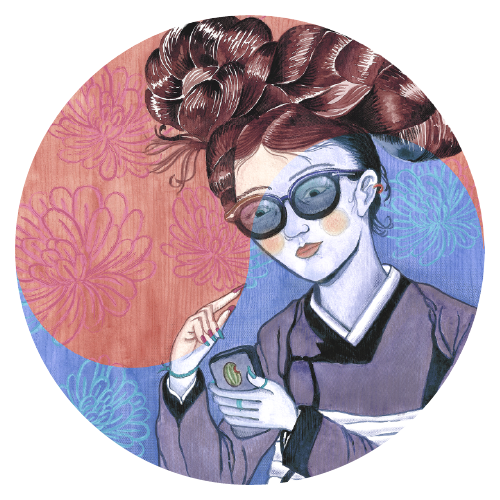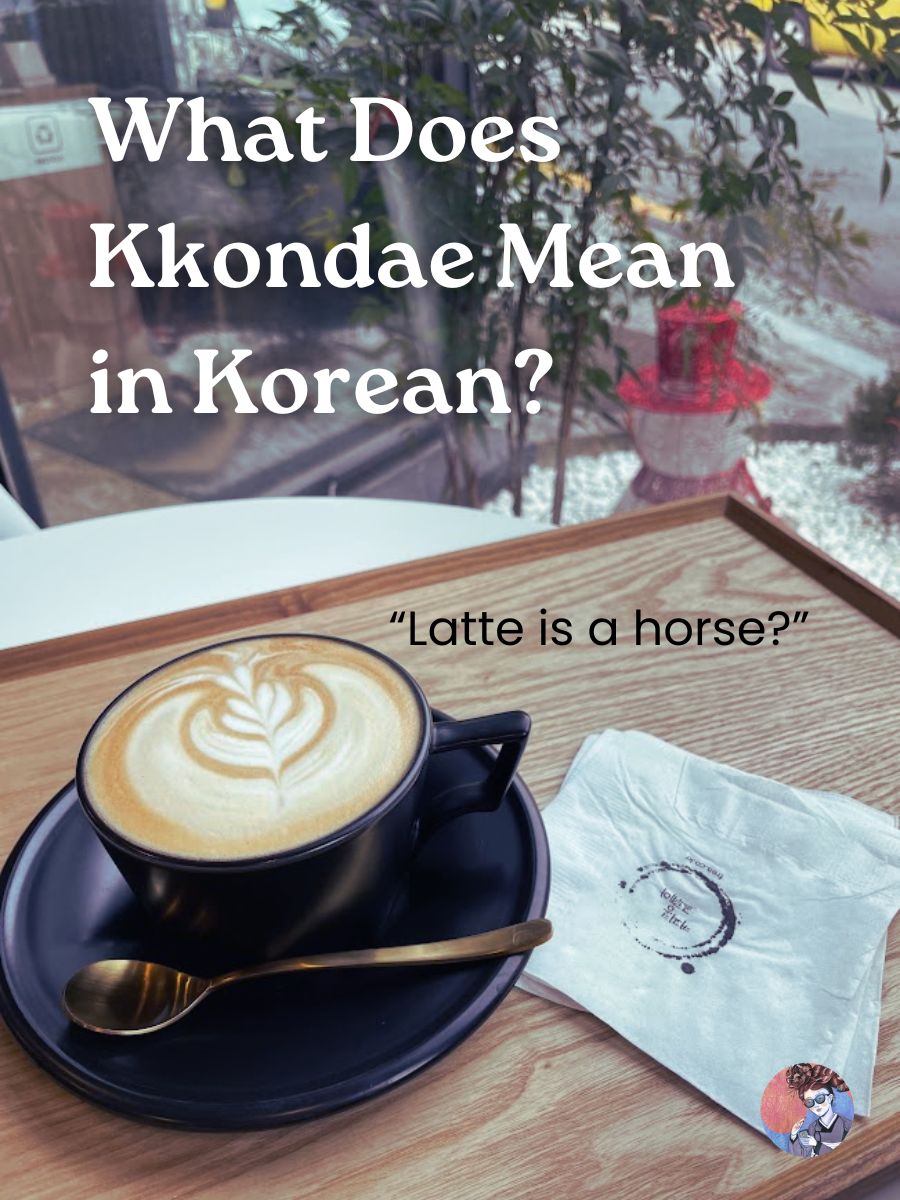
Want to know about kkondae, the Korean equivalent of a boomer?
Read on to learn what kkondae means in Korean!
Quick Summary
- Kkondae means a condescending person in Korean and is similar to boomer in English.
- The key difference with a boomer is that kkondae can be anyone, regardless of age and gender.
- There are young kkondae in their teens, 20s, and 30s.
Kkondae has become a word every Korean uses.
Kkondae like to say “Latte is a horse” in Korean, which means “Back in my day” or “That’s how it’s always been done.”
What Does Kkondae Literally Mean?
Kkondae loosely translates to a condescending person, typically an older individual, just like in this article by Soo Zee Kim for BBC.
It’s similar to a boomer, old fogey, or know-it-all.
Kkondae was slang for the elderly, older generation, and teachers. But its meaning has expanded to be anyone authoritative and narrow-minded, regardless of age and gender.
What Are the Characteristics of a Kkondae?
With the negative connotation, kkondae tend to be authoritarian, narrow-minded, and resistant to change.
Kkondae is authoritative.
Kkondae have a hierarchical mindset, expecting unquestioning obedience and respect for their age or position.
Kkondae dislike change.
Kkondae tend to resist new ideas and perspectives, preferring to stick to the old-fashioned way.
Kkondae think they’re wise.
Kkondae often dismisses the opinions of younger people, believing that their age and experience automatically make them wiser.
Kkondae are preachy.
They like to lecture others, offering unsolicited advice based on their own experiences.
How to Deal with Kkondae?
If your sunbae or boss at school or work is a kkondae
It’s better to avoid logical arguments with kkondae at school or work.
If they were logical, they wouldn’t be kkondae in the first place. You can’t win an argument with a person who thinks that they’re absolutely right.
Talking back will only worsen the situation.
One way to deal with kkondae is to give a soulless answer with a yes (“neh” in Korean) and then disregard what they say. They’ll eventually just give up on you.
If you run into a kkondae on the street
It’s easier to deal with kkondae who is a complete stranger.
You can simply walk away or ridicule them to your heart’s content, like an eye for an eye and a tooth for a tooth.
For example, if kkondae insults you like, “Did your parents raise you that way?”, you can say, “They taught me to respect only proper adults, not narrow-minded kkondae like you.”
If they get upset and become violent, don’t fight back but call the police right away.
What Is Jeolmeun Kkondae?
Jeolmeun kkondae specifically means young kkondae in their teens, 20s, and 30s.
They impose their hierarchical, power-based, and rigid values on others while still young, even in school.
They’re also found in the comedy, showbiz, and modeling industries in South Korea.
Some say, younger kkondae are more authoritarian than older ones.
Conclusion
kkondae describes individuals who are authoritarian, regardless of their age or gender.
There’s still hope though since most Koreans are trying their best not to become kkondae!

